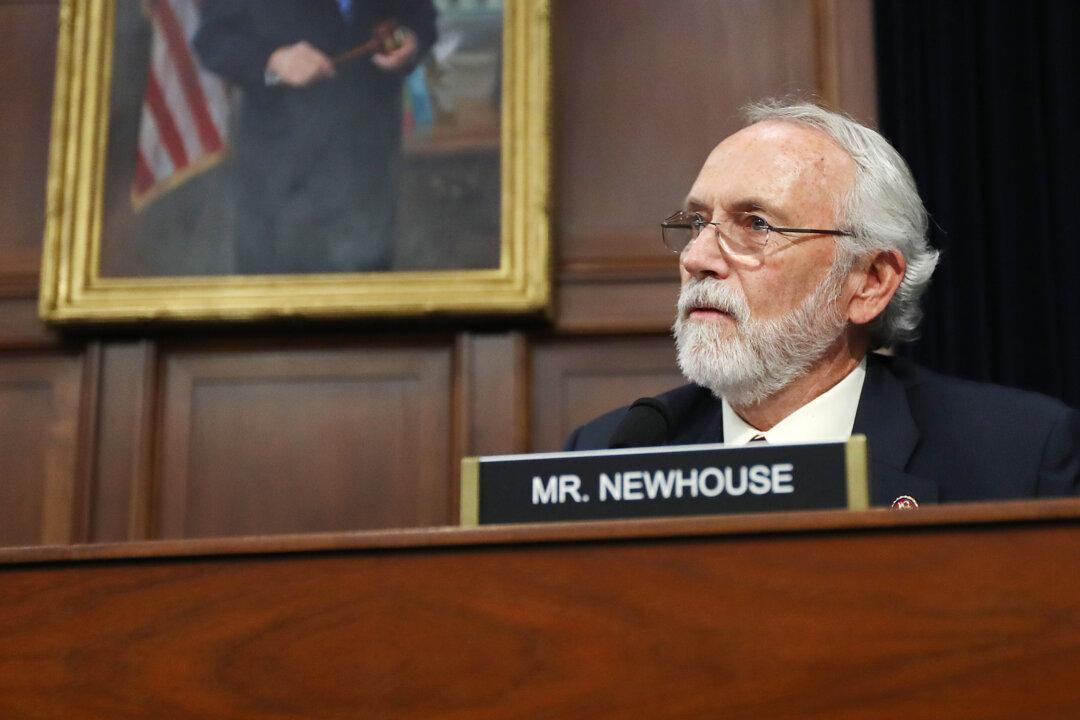Beijing is fueling the fentanyl crisis in Canada and the United States through a sophisticated web involving drug cartels, loan sharks, and foreign casinos, investigative journalist and author Sam Cooper said.
“We can say that in cities like Los Angeles, Las Vegas, New York City, San Francisco, Boston, Seattle, and others, I can see the very same underground banking, Vancouver-model activity,” Cooper said, where drug money was moved around on secret ledgers without the need for wire transfers across borders.
That model has surfaced because of China’s capital control, Cooper said, because each citizen in communist China has a foreign exchange limit of $50,000 per year. As a result, in order to move large sums overseas for activities such as buying a condo in a foreign city, wealthy Chinese would, for example, need to seek out underground banking channels.
Cooper explained how the Vancouver model works: Gang members from Vancouver travel to casinos in Macau, targeting wealthy Chinese gamblers, including Chinese officials who wish to get their money out of China. The two sides strike a deal, and Chinese gamblers travel to Vancouver, using cash supplied by local loan sharks who get the money from drug dealers.
Chinese gamblers use the money to buy casino chips, play them, cash them, and walk out with cleaned or laundered money. Then they transfer money from their bank accounts in China to the gangsters’ accounts in China to pay back the debt.
“The proceeds, of course, fund more fentanyl precursor production [in China] ... which sends more drugs into the United States or Canada, produces more drug cash, and the cycle repeats,” Cooper said, adding that the gangsters would loan out the cash again to fund the gambling of more wealthy Chinese in Canada.
Fentanyl is a synthetic opioid that is 100 times more potent than morphine and 50 times more powerful than heroin.
More than 100,000 people in the United States died of drug overdoses from April 2020 to April 2021, a record number during a 12-month period, according to the U.S. Centers for Disease Control and Prevention. Fentanyl was involved in nearly two-thirds of those deaths.
U.S. officials have been trying to stop the influx of fentanyl into the country.






